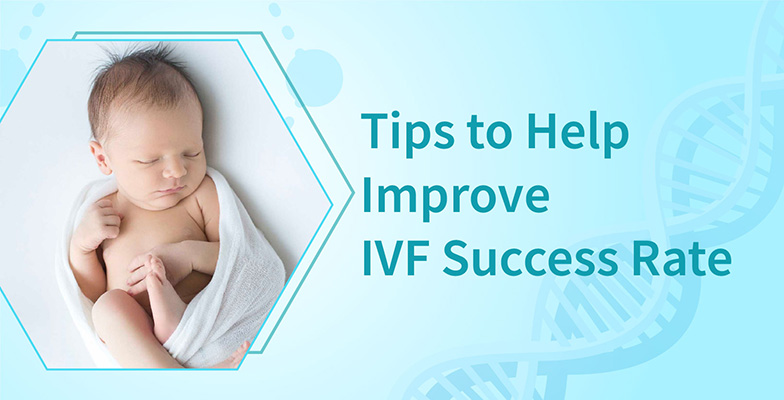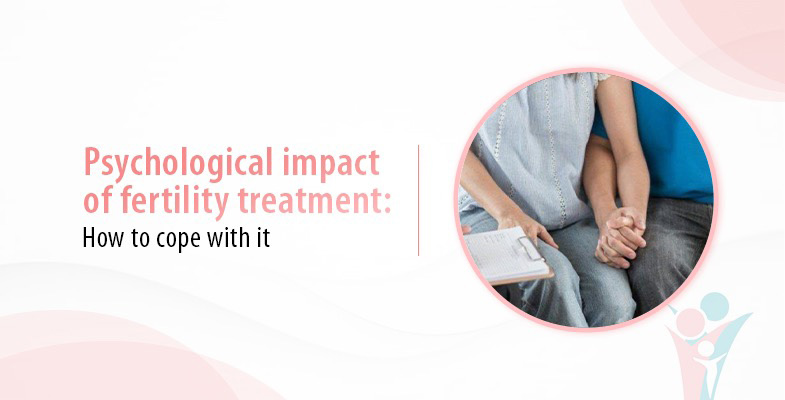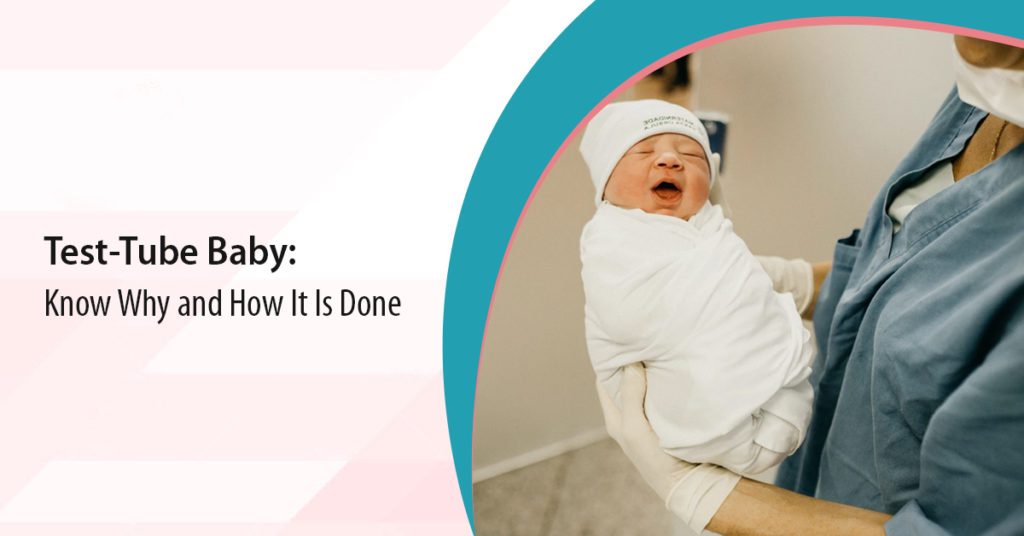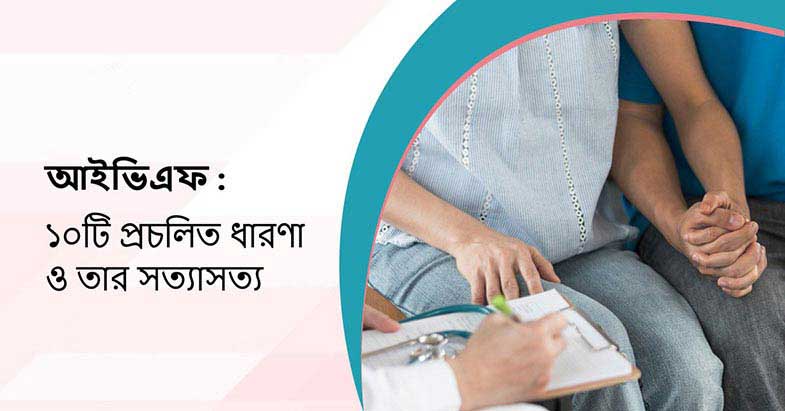
In vitro fertilization or IVF has by far proven to be the most effective method in the domain of assisted reproductive treatments for couples unable to conceive naturally. Ever since the birth of the first IVF baby Louise Joy Brown on 25th July, 1978 in England, followed by our very own Kanupriya Agarwal a little over two months later, the technique has been adopted by thousands of couples who are unable to conceive naturally. While it remains the most recommended treatment, it is important to understand certain dos and don’ts that contribute to the outcome.
How does the treatment work?
IVF involves retrieving mature eggs from ovaries and fertilizing those by sperm in a lab environment. The fertilized egg/s or embryo/s are then transferred into the uterus. One cycle of the entire complex series of procedures could take three weeks or longer. If multiple embryos are transferred to the uterus, there’s a chance of multiple pregnancy. The procedure can be performed using the couple’s own sperm and eggs or those from a donor. In certain cases, a gestational carrier is also used. Since IVF can be expensive and time-consuming, it’s extremely critical to understand and be aware of the dos and don’ts to boost your odds.
How can you increase the chances of your IVF success?
This is a generic checklist of tips you can use:
- Choose your doctor and the embryology lab with care: Selecting the infertility specialist and a reliable fertility centre is critical for your success. Do a proper background research on the clinic’s credentials, success rates, lab environment, etc. It’ll be time well spent.
- Eat healthy: Have a healthy, balanced diet that includes lots of fruits and vegetables, whole grains, legumes and fish, for your vitamin and protein needs, and go for foods rich in monounsaturated fats. Avoid processed foods and too much sugar.
- Avoid alcohol and caffeine: Both alcohol and caffeine are known to impede the development of the foetus. So, it’s best to stay away from those.
- Watch your weight: The success rate of IVF hinges a lot on your BMI or body mass index. So being overweight (with BMI in excess of 35) or underweight (BMI less than 19) can both harm your odds.
- Control your stress: Stress has a direct adverse effect on the reproductive system and hence uncontrolled stress will surely hamper your chances. Pursue a de-stressing routine that works for you, like yoga or meditation or any other activity.
- Sleep well: Aim for 8 hours of sleep a day and a normal sleep cycle for at least a couple of weeks leading up to your IVF appointment. It’s a good idea to retire early and avoid late nights.
- Don’t overdo your exercise routine: A very strenuous exercise schedule can lower fertility levels and put you at risk of implantation failure and loss of pregnancy. So, stick to low-intensity workouts like walking, swimming or yoga.
- Give up smoking: Smoking harms your health in many ways and severely dents your chances of achieving IVF success by affecting the quality of both egg and sperm. Quit now and seek support if you need to.
- Take your supplements: Supplements your doctor prescribed can only do you good. A group of supplements like DHEA and CoQ10 have been linked to boosting both number and quality of eggs.
- Watch your vitamin D count: Many of us have vitamin D deficiency without even knowing it. Emerging research has thrown up some linkages with D deficiency and impaired fertility as well as poor IVF outcomes. Take a D vitamin supplement if your levels are too low.
- Avoid certain chemicals: Try to avoid certain chemicals during IVF like formaldehyde, parabens, triclosan, phenols, flame retardants, etc.
- Stay patient and don’t give up: Patience and persistence are key to achieving IVF success. You have to accept the reality that it might take more than one IVF cycle to create an embryo for transfer. Sometimes, the doctor might tweak certain medications to try and achieve a better result in the next cycle. Here, it’s extremely important to stay patient and positive and help your fertility expert.
Certain medications can interfere with fertility drugs
Please inform your doctor if you are on any of these:
- NSAIDs like aspirin or ibuprofen
- Antidepressants
- Steroids for asthma or lupus
- Anti-epileptic medicines
- Thyroid medications
- Chemotherapy drugs
Remember when you sign up for IVF, you also agree to follow the doctor’s advice as she guides you through your journey. It is a partnership that will bear fruits only if you believe in your doctor, and above all in your abilities to comply with her guidelines.







